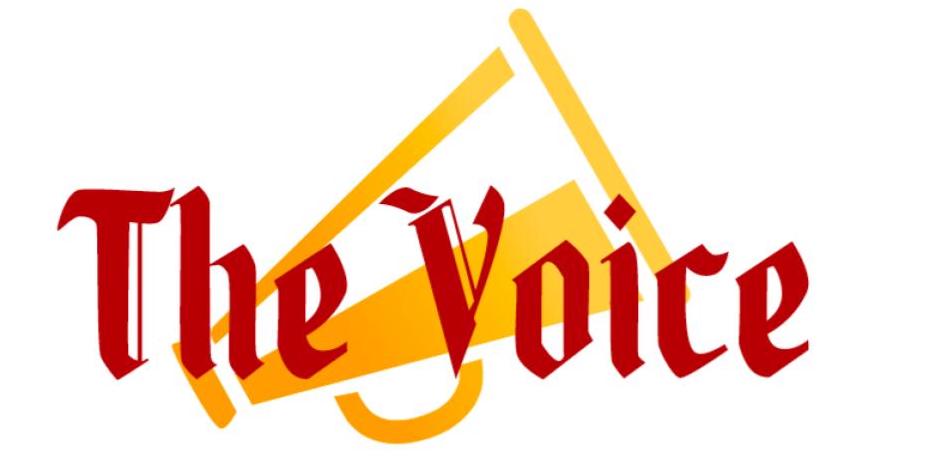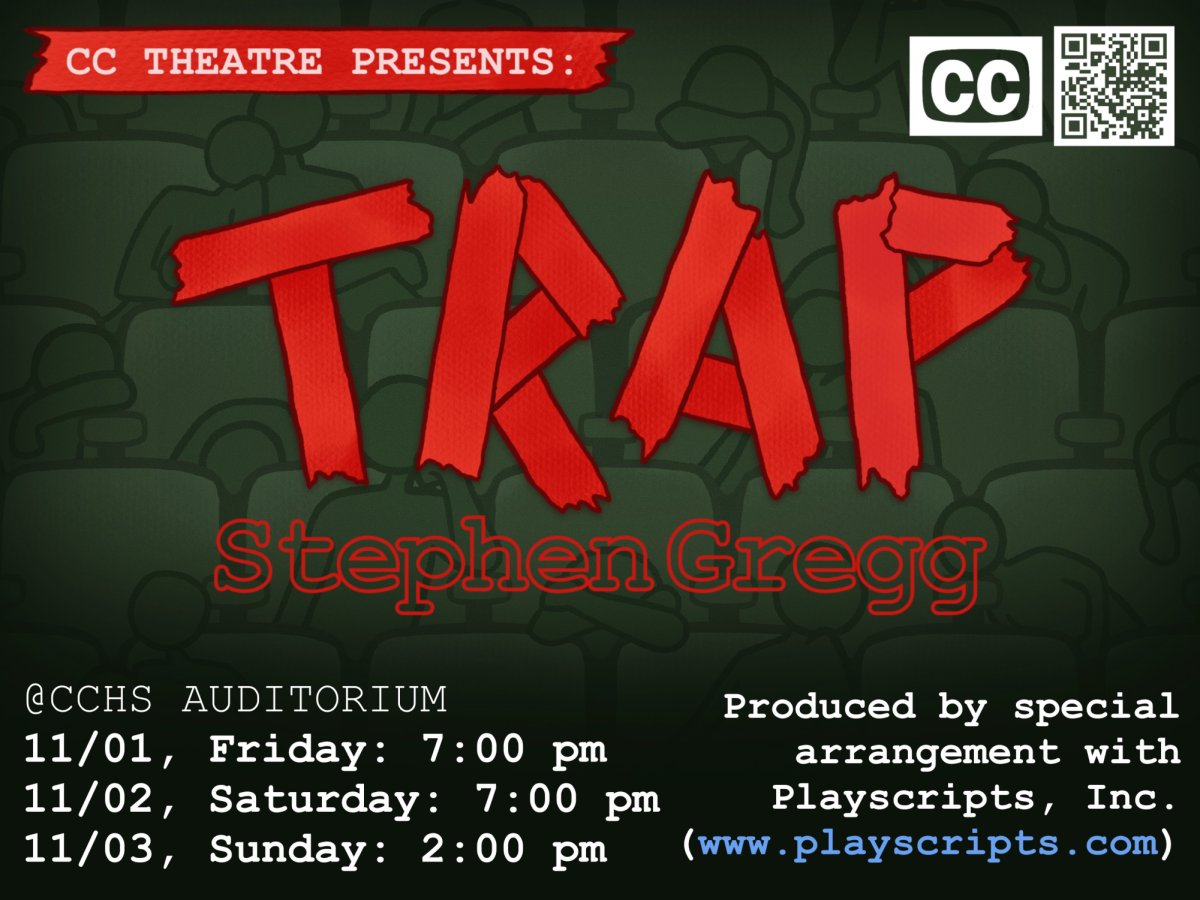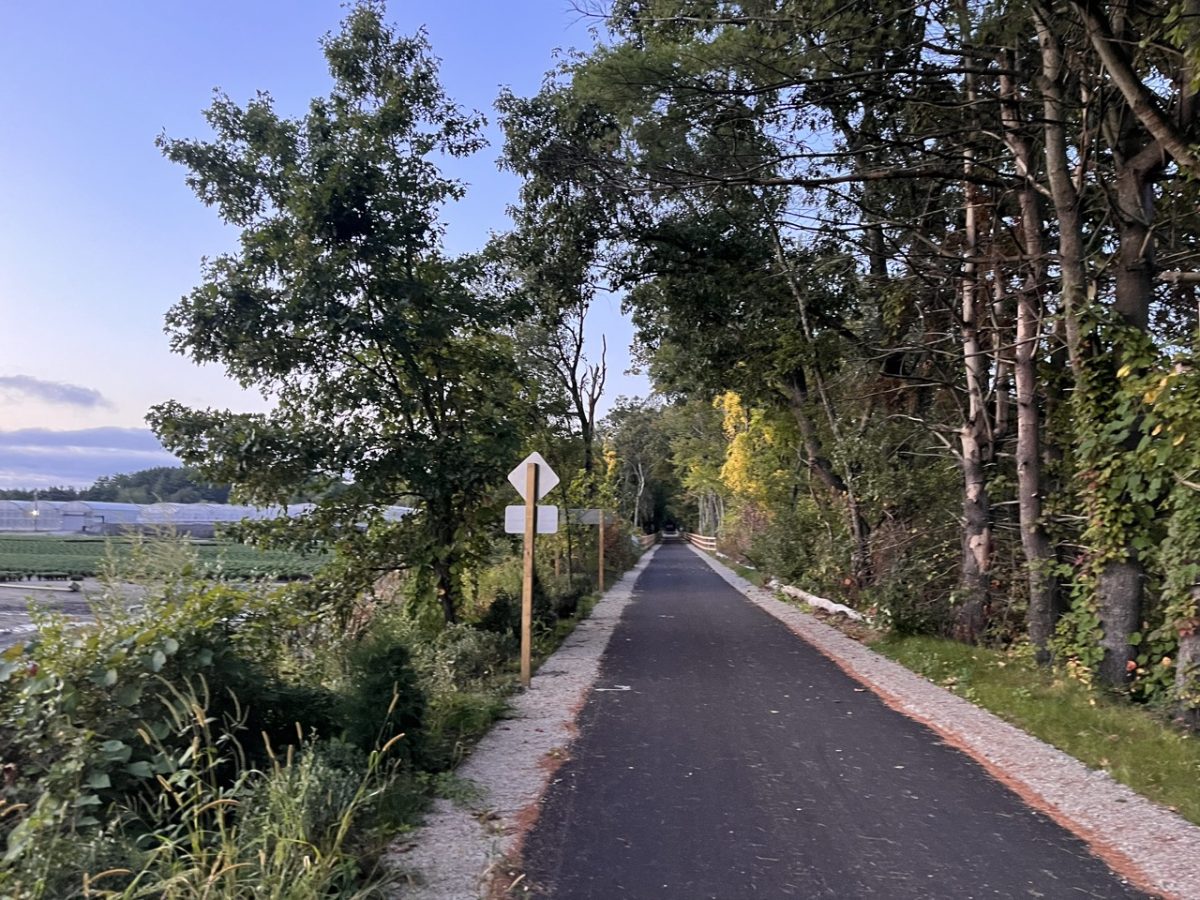In a world where credit scores can make or break your future and budgeting skills can determine your long-term stability, financial literacy is no longer optional –– it is essential. Yet in Massachusetts, considerably the most educated state in the U.S., a significant gap remains: financial education.
While Massachusetts has some financial literacy standards, these standards are vague and don’t adequately cover all grades K-12. Overall, the American Public Education Foundation gives Massachusetts a “C” in financial education, which is low considering that it is arguably the most educated state in the U.S. Another organization, Champlain College’s Financial Literacy Center, even rated Massachusetts an “F.”
Why Financial Literacy Matters
The definition of financial literacy, according to the National Financial Educators Council, is “the ability to use knowledge and skills to manage one’s financial resources effectively for lifetime financial security.” This encompasses budgeting, understanding credit, managing student loans, planning for retirement, and much more. Without these skills, young people could make financial mistakes, such as falling into debt tracks, that would ultimately limit financial freedom.
Financial Challenges in Massachusetts
This lack of financial education is especially concerning given Massachusetts’ high cost of living. Massachusetts is ranked as the second most expensive state to live in, right after Hawaii. Young adults entering the workforce often struggle to manage their finances effectively.
A report by The Greater Boston Food Bank shows that 34% of households in Massachusetts experienced food insecurity last year, which has been a steady increase from the past few years. In 2019, this number was only 19%. Additionally, racial disparities are clear, with the percentage of Native, Hispanic, and Black households who experienced food insecurity being 20-30% higher than that of White and Asian households.
That being said, it is important to teach kids about financial literacy early on in order to build a strong foundation that will help them become more financially independent as they get older. Advocates for financial literacy in Massachusetts are urging lawmakers to make personal finance education a requirement in schools. Organizations like the Massachusetts Financial Educators Council are working to raise awareness about financial literacy and to get both families and schools involved in teaching kids about money.
Students Leading the Way
At Concord-Carlisle High School, students and teachers are taking matters into their own hands. Last spring, Mrs. Melea Ray organized a reality fair for CCHS seniors in order to prepare them for the real world after graduation. It ended up being a huge success, as many students found it to be a fun and informative experience!
This year, I founded the Financial Education & Outreach Club in order to empower and educate youth and our community on finance. Currently, our club is working on creating financial literacy workshops that we will hold at the Boys & Girls Club of Assabet Valley in a few weeks. We are excited to hold more workshops in the future in order to make an impact on our community.
Building a Foundation for Future Financial Independence
Financial literacy is not just a personal benefit; it’s a societal one. Educated citizens are better equipped to contribute to a stable economy and make informed choices about issues like taxes, healthcare, and retirement planning.
Massachusetts has long been a leader in education. Addressing the lack of financial literacy in schools is the next step in ensuring that students graduate not only with academic knowledge but also with the tools they need for lifelong financial health.
With student-led initiatives like the Financial Education & Outreach Club paving the way, there is hope that the next generation will be better prepared to tackle the challenges of the modern financial world. It’s time for Massachusetts to take action—the stakes are too high to ignore.
Sources:
https://www.thenationsreportcard.org/_files/ugd/991d30_afe3a667bf394638ae3c0c21c2c159f5.pdf
https://www.thenationsreportcard.org/massachusetts
https://www.financialeducatorscouncil.org/financial-literacy-definition/
https://www.boston.com/news/local-news/2024/05/29/massachusetts-households-food-insecurity-study/
https://ma.financialeducatorscouncil.org/monthly-advocacy-promotion-campaigns/
https://cchsthevoice.org/1343/news/reality-fair-at-cchs-a-robust-start-to-financial-literacy/





























